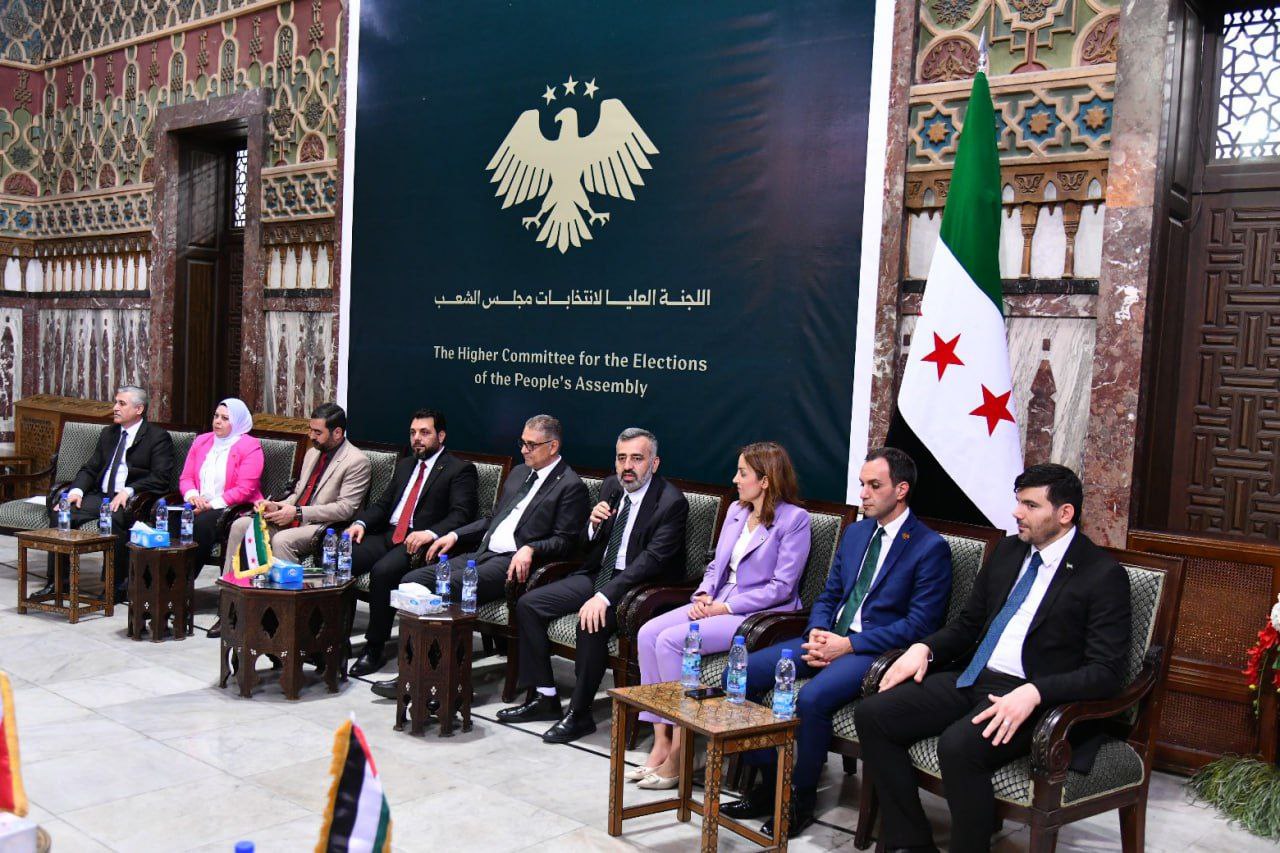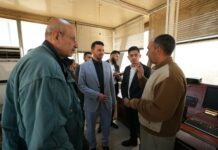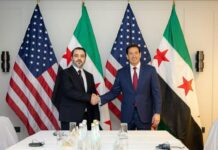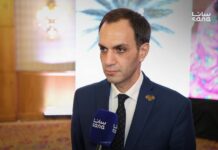
The Supreme Committee for the elections of the People’s Assembly announced a series of steps to prepare for parliamentary polls expected to take place Sept. 15–20. The committee said it had formed supervisory bodies and subcommittees to manage the process across Syria’s governorates, stressing that the measures aim to ensure transparency and equal representation.
In a statement published August 23, the committee confirmed that Administrative Circular No. 1 created teams of members tasked with supervising electoral districts and coordinating with local institutions. The committee also requested the Bar Association to assign a lawyer to each of the 60 electoral districts as a legal observer, to “enhance transparency and ensure the integrity of legal procedures.”
Committee spokesman Dr. Nawar Najma said the process must be held “within the territory controlled by the state, and its official constituencies completely,” describing elections as a sovereign issue.
Postponement in Three Governorates
While the process advances in most of the country, elections in Suwayda, Hasaka and Raqqa have been postponed due to what officials described as “security challenges.” Najma said the delay is intended to guarantee “fair representation” for the three governorates, noting that their allocated seats will remain reserved until conditions allow safe voting.
Committee member Hassan al-Dughaim echoed that assurance, telling state television the postponement does not diminish the importance of representation for residents in those areas.
Timeline for Electoral Process
Head of the Supreme Committee Muhammad al-Ahmad said the timetable allows one week to select subcommittees, followed by 15 days to form electoral bodies. The candidacy window will be open for three days, with an additional week allocated for campaigning and debates.
By September 1, subcommittees are expected to begin their functions, including receiving nominations and proposing members of voting bodies. Women are expected to represent at least 20 percent of the electoral bodies, according to Ahmad.
Criticism From AANES
The Autonomous Administration of North and East Syria (AANES) has rejected the planned elections, calling them “undemocratic” and “unrepresentative.” In a statement, the administration argued that millions of displaced Syrians will be excluded from voting, undermining the legitimacy of the process.
The administration also criticized Damascus’ decision to postpone elections in Hasaka and Raqqa, describing those regions as secure compared to other parts of the country. It urged the international community and the UN not to recognize the results, saying only a comprehensive political process under UN Resolution 2254 could achieve genuine democracy.
Balancing Progress and Challenges
Officials of the Supreme Committee said they have met with unions, organizations and ambassadors of several countries to exchange experiences on legislative elections. They emphasized that preparations follow Presidential Decree No. 143 of 2025, which ratified the provisional electoral system for the People’s Assembly.
With committees in place and campaigning set to begin in September, the elections mark a test for the government’s ability to balance organizational progress with ongoing disputes over representation and participation.








